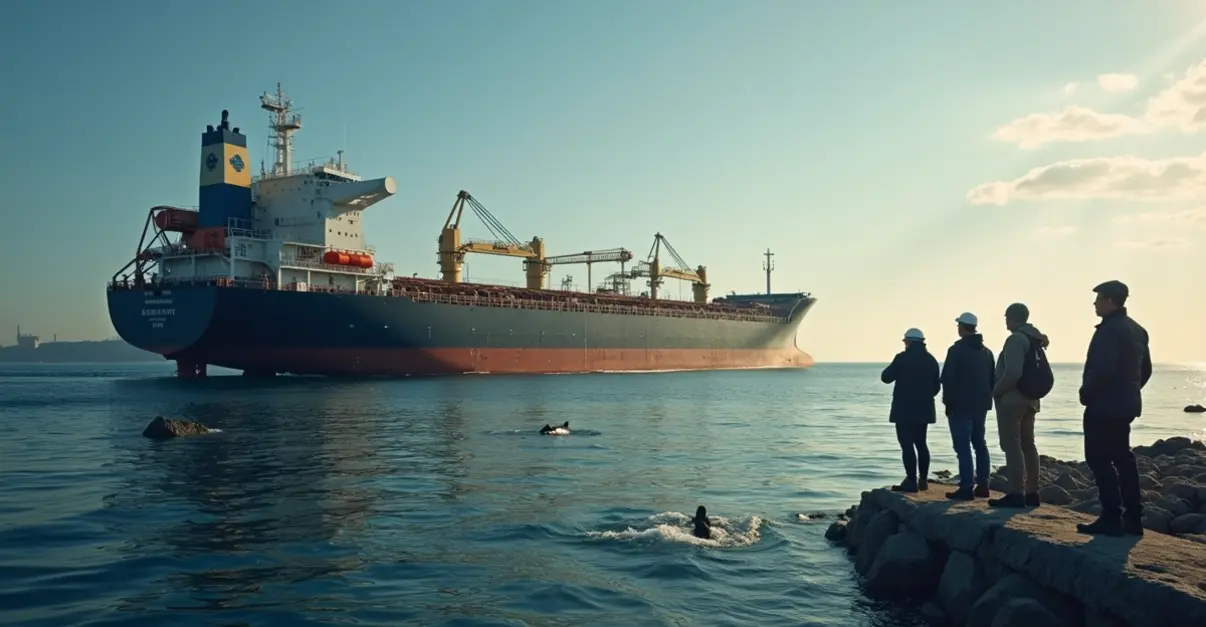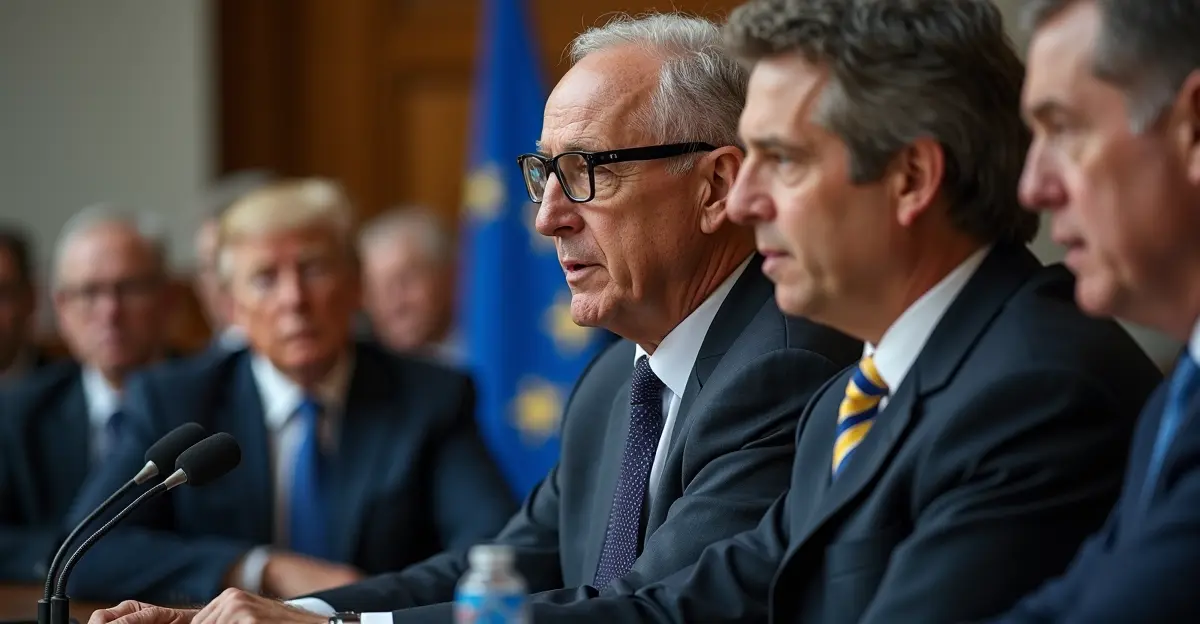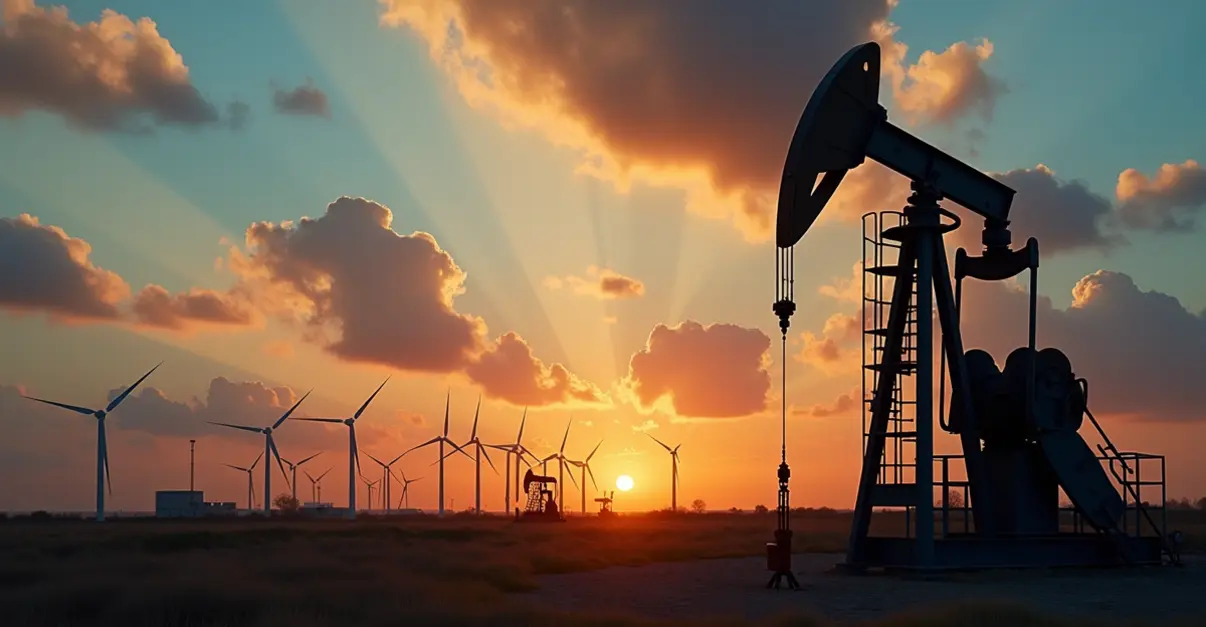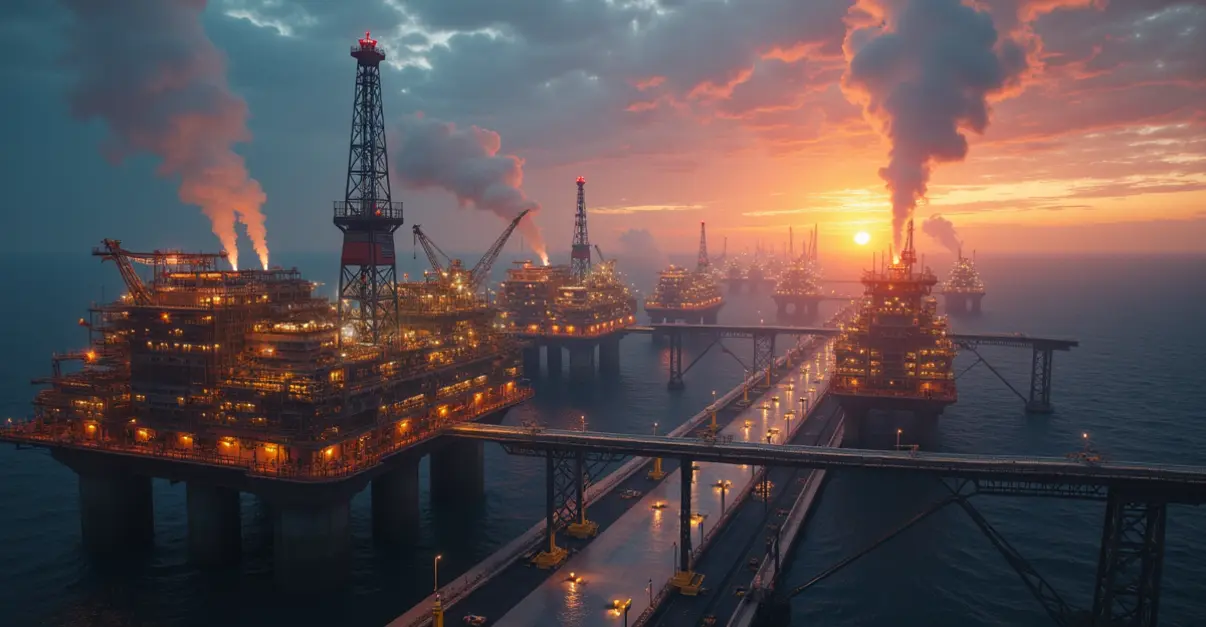Geopolitical Clash Over European Sustainability Rules
In an unprecedented joint warning, the United States and Qatar have told European Union leaders that their ambitious sustainability legislation threatens the continent's energy security and economic resilience. The stark message comes as Europe faces increasing pressure from its key energy suppliers over the Corporate Sustainability Due Diligence Directive (CSDDD), which would require companies to address human rights and environmental issues throughout their supply chains.
Unprecedented Joint Warning
U.S. Energy Secretary Chris Wright and Qatar's Energy Minister Saad Sherida Al-Kaabi sent a joint letter to all EU member state leaders, warning that the CSDDD poses "an existential threat to the growth, competitiveness and resilience of the EU's industrial economy." The ministers specifically targeted provisions that would apply outside Europe, require climate transition plans, and hold companies liable for supplier misconduct.
The timing of this warning is particularly significant. Since Russia's invasion of Ukraine, the EU has become dependent on the United States and Qatar for approximately 20% of its gas supply through liquefied natural gas (LNG) imports. Both countries have warned that the European regulations directly threaten their export commitments and investment willingness.
Political Turmoil in European Parliament
The warning coincides with political chaos in the European Parliament, where lawmakers unexpectedly voted down a watered-down version of the CSDDD. The proposed directive, officially known as the Corporate Sustainability Due Diligence Directive, was rejected despite earlier political agreements between centrist parties.
"The watering down of this law came after pressure from Qatar and the US," explained Kysia Hekster, European Union correspondent. "Left-wing parties in the European Parliament consider the law too watered down, while parties on the conservative and radical right side call the law still far too far-reaching."
The surprise rejection means negotiations with EU member states, scheduled to begin tomorrow, cannot proceed. This delay creates uncertainty about when - or if - the legislation will move forward.
Energy Security at Stake
Both the United States and Qatar have emphasized their commitment to significantly expanding reliable LNG delivery to the EU. However, they warn this commitment would be "severely damaged" if the CSDDD proceeds in its current form. Qatar supplies up to 14% of the EU's LNG, while the United States has become Europe's largest gas supplier since the Ukraine war began.
The controversy highlights the fundamental tension between Europe's green ambitions and its energy security needs. As Energy Secretary Wright stated, "This comes at a critical time when our countries and companies not only want to maintain but significantly expand reliable LNG delivery to the EU."
Internal European Resistance
The pressure isn't only coming from outside Europe. Internal resistance is growing as well. German Chancellor Merz and French President Macron have already called for postponement of the directive, while dozens of European business leaders last week urged withdrawal of the legislation.
European companies fear the regulations will further damage the competitiveness of European industries at a time when energy prices remain high and investors are moving toward the United States. The Forbes analysis notes that major corporations including ExxonMobil have been reducing European operations due to regulatory pressures.
What's Next for European Energy Policy?
The CSDDD was intended as a moral compass for responsible business conduct but has evolved into a test of Europe's geopolitical maturity. The joint letter from Washington and Doha exposes how Brussels' green ambitions clash with the interests of its energy and trading partners.
As Qatar and the United States prepare to exert pressure during renewed negotiations, European leaders face a difficult choice: maintain their sustainability ideals or ensure energy security for their citizens. The outcome will shape Europe's energy landscape for years to come and determine whether the continent can balance its environmental goals with practical energy needs.
The situation demonstrates how sustainability legislation, once seen as purely domestic policy, has become entangled with global energy markets and geopolitical relationships. With winter approaching and gas supplies tightening, European leaders must navigate these complex waters carefully to avoid energy shortages while maintaining their commitment to environmental standards.

 Nederlands
Nederlands
 English
English
 Deutsch
Deutsch
 Français
Français
 Español
Español
 Português
Português










